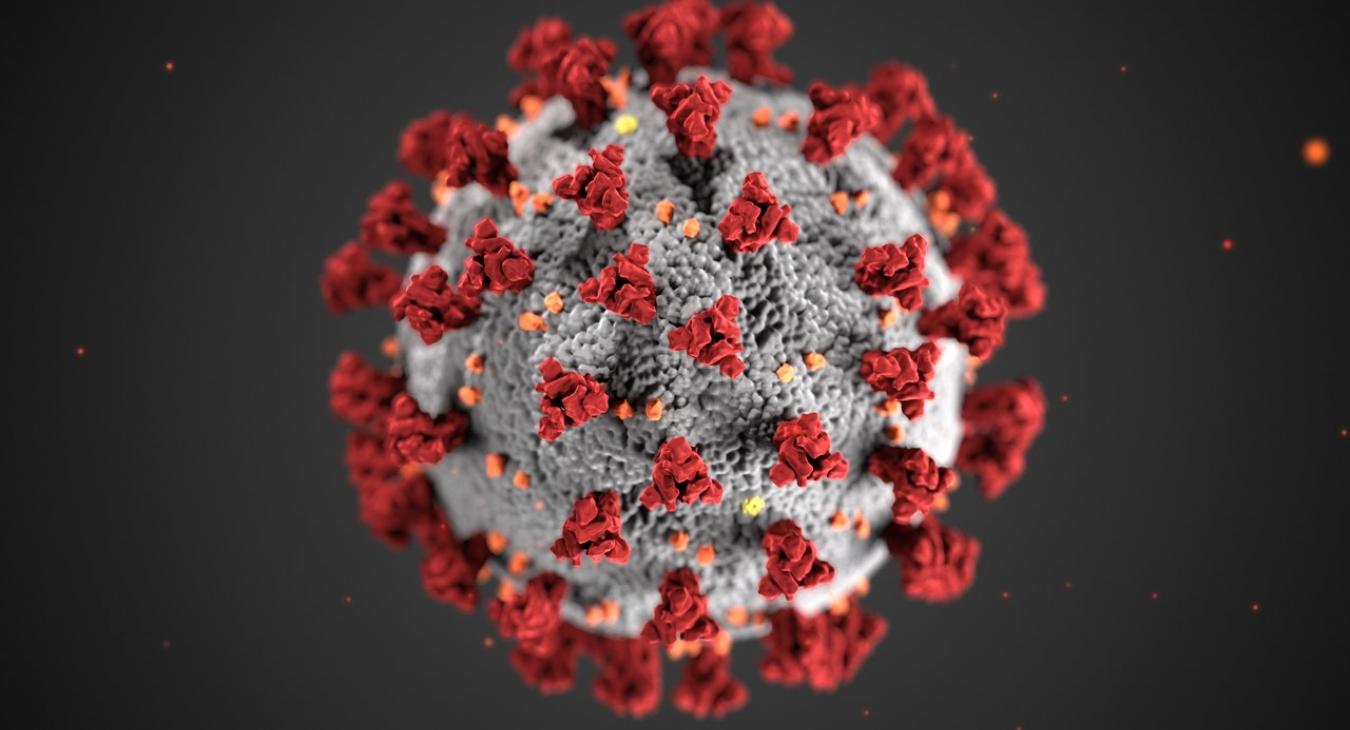Responding to today's CSO Live Register release, which showed an increase in the seasonally-adjusted Live Register, from 182,800 in February to 207,200 in March and the fact that a further 283,000 were in receipt of the new Pandemic Unemployment Payment and 25,100 of the Temporary COVID-19 wage subsidy scheme, Patricia King, General-Secretary of the Irish Congress of Trade Unions, said the increases were "clear indications of the appalling economic devastation caused by COVID-19".
Ms King went on: "Over 300,000 workers have been directly affected by COVID-19 over the past month. This compares to the three years it took the Live Register to record a similar increase during the last crisis - from 160,600 in September 2007 to 466,000 in August 2010.
For these reasons ICTU strongly advocated proposals to support the wages and incomes of workers affected, subsequently implemented by Government. These will help people focus on the immediate challenge at hand – beating the virus. However, further measures are needed to limit the fallout on jobs.
First, in order to help ensure that as many of those in receipt of the Pandemic Unemployment Payment as possible "get their jobs back", the Government should ramp up the roll-out, and refine where needed, the Temporary COVID-19 wage subsidy scheme.
Second, in order to support a return to work, when possible, the Government should support the adoption of a European Unemployment Reinsurance Scheme to help countries cope with the rise in unemployment. Under this scheme, the EU would provide loans and guidance on implementing effective short-time working schemes, similar to schemes in other countries. For example, Germany's Federal Employment Agency estimates that because of the rapid uptake of its short-time work scheme - from a monthly average of 1,300 applications by firms in 2019 to nearly 500,000 over recent weeks - the rise in Germany's unemployment may be limited to around 200,000.
Third, as Dr Tom McDonnell of the Nevin Economic Research Institute has argued this week, if governments are to act as an income and credit source for households and businesses, they will need access to a guaranteed "lender of last resort" if they are not to face funding crises themselves. This should be done through the European Central Bank, the Cornabonds (which Ireland has already called for), and the European Stability Mechanism. The Government should advocate a coordinated European response to COVID-19, particularly at next week's meeting of Finance Ministers.
Ms King concluded by saying that 'the Irish people will overcome COVID-19. But there are further measures the Government should take, both at national and at European level, to limit the economic impact and to prevent sudden job losses from becoming permanent job losses that could lead not just to a temporary recession but to a lengthy and deep depression".
ENDS

